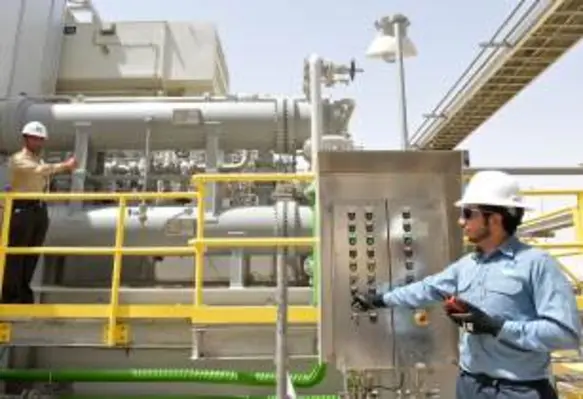The 6th Ministerial Conference of the Carbon Sequestration Leadership Forum (CSLF) is being held in Riyadh, Saudi Arabia from 1-4 November
Senior energy and environmental officials and experts from 22 countries are in attendance at CSLF which is taking place one month ahead of the UN Climate Change Conference (COP 21) in Paris. The event is a ministerial-level international climate change initiative focused on the development of improved, cost-effective technologies for the separation and capture of carbon dioxide (CO2) for its transport, utilisation and long-term safe storage.
Khalid Abuleif, lead climate change negotiator for Saudi Arabia, said, “CSLF strives to identify a common approach for all member nations to tackle the issue of climate change by ensuring efficient greenhouse gases management is central to achieving cleaner energy goals. It must be a unified effort.”
The highlight of the four-day event, organised by Saudi Arabia’s Ministry of Petroleum and Mineral Resources and the CSLF Secretariat, will be the Ministerial Conference on 4 November which will be attended by ministers and senior officials holding portfolios related to the environment, energy and sustainable development representing 22 CSLF member countries, including petroleum and energy ministers from the Gulf Cooperation Council.
“The CSLF meeting brings together world-leading experts who will share their insights on the development and deployment of cost effective and efficient carbon sequestration and utilisation technologies required to tackle greenhouse gases emissions reduction,” Abuleif added.
Carbon sequestration has been proposed as a way to slow the atmospheric and marine accumulation of greenhouse gases. The mission of CSLF is to facilitate the development and deployment of such technologies via collaborative efforts that address key technical, economic and environmental obstacles.
Currently, CSLF has 23 members, including 22 countries and the European Commission. The member countries represent more than 3.5bn people, or approximately 60 per cent of the world’s population.










